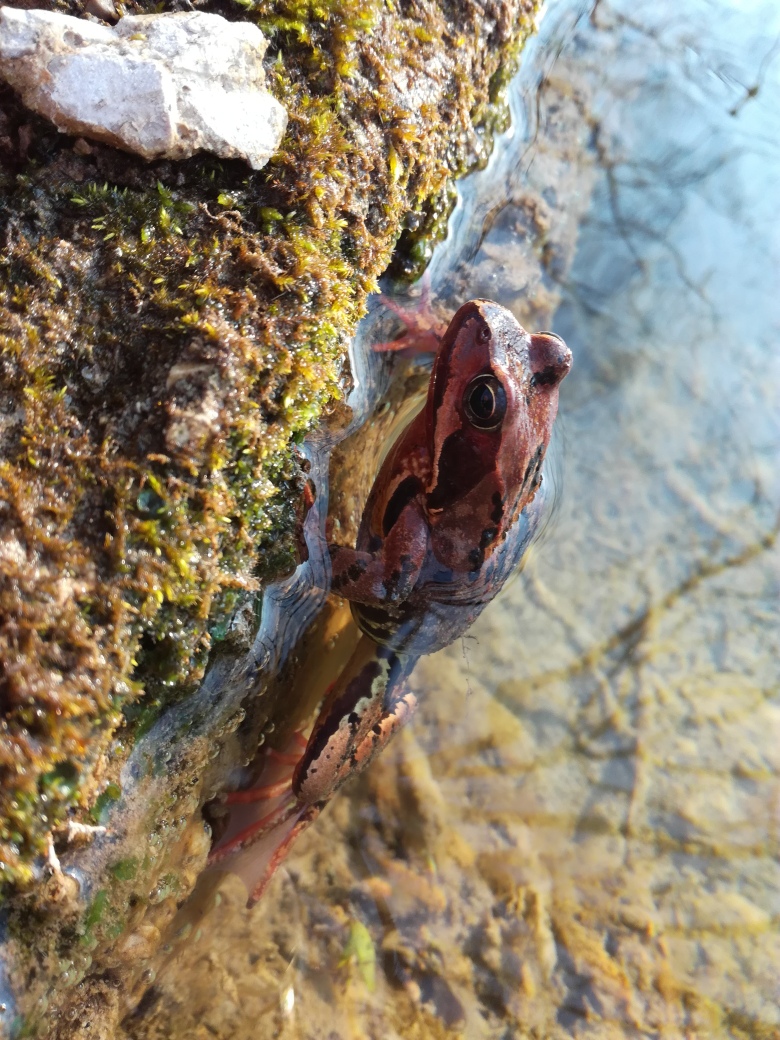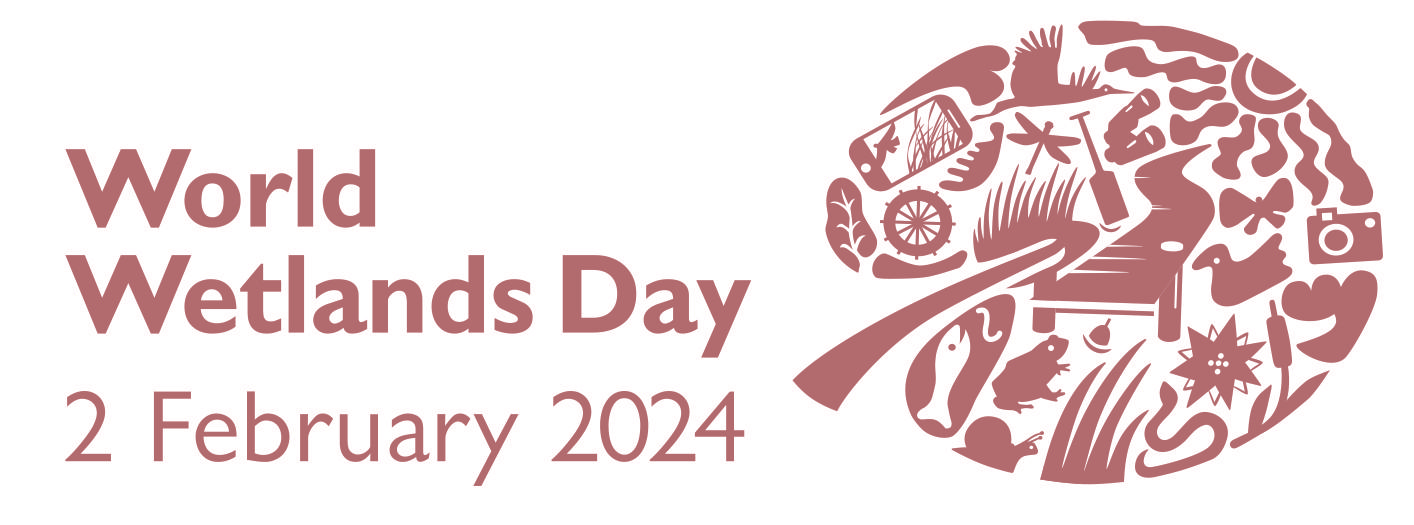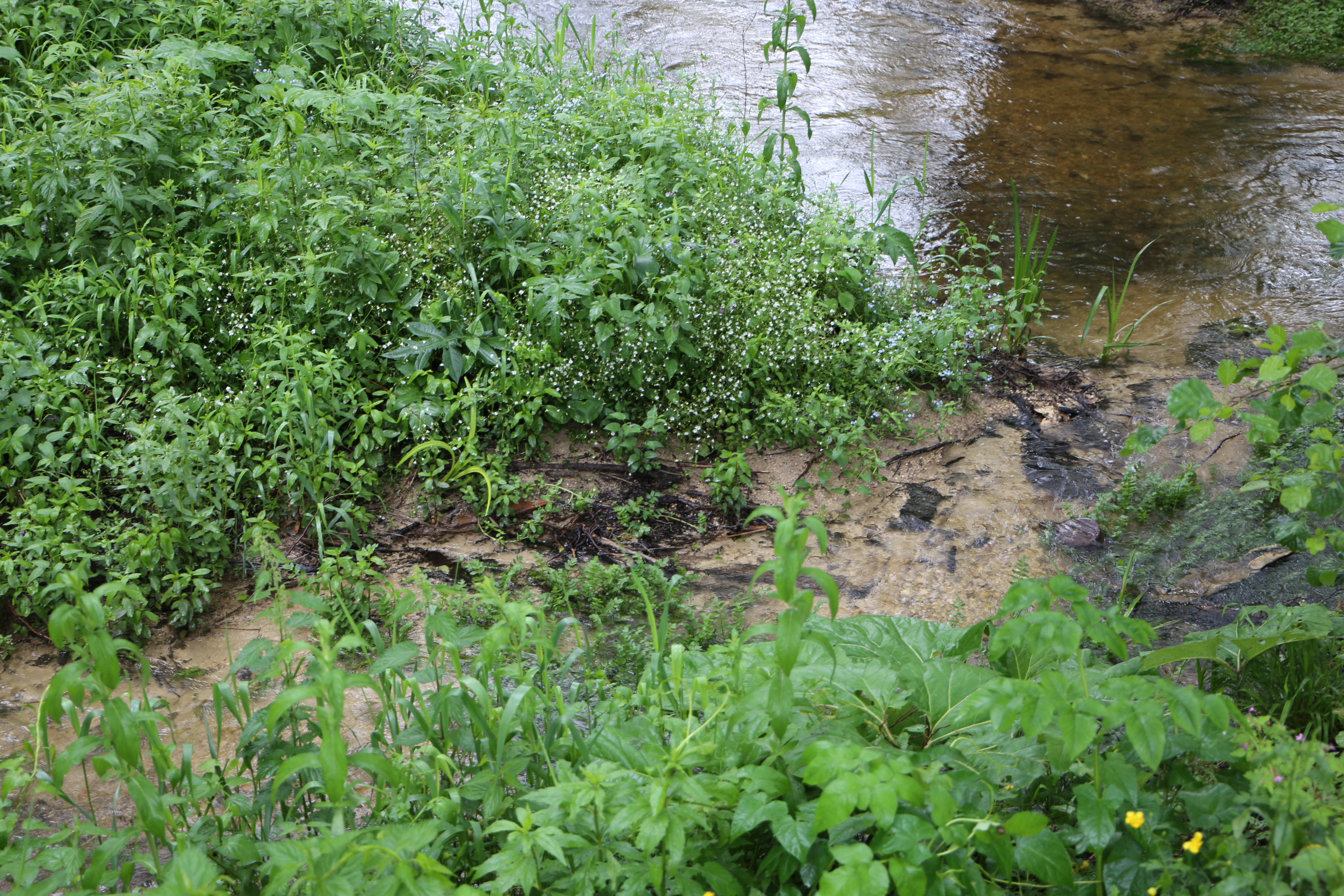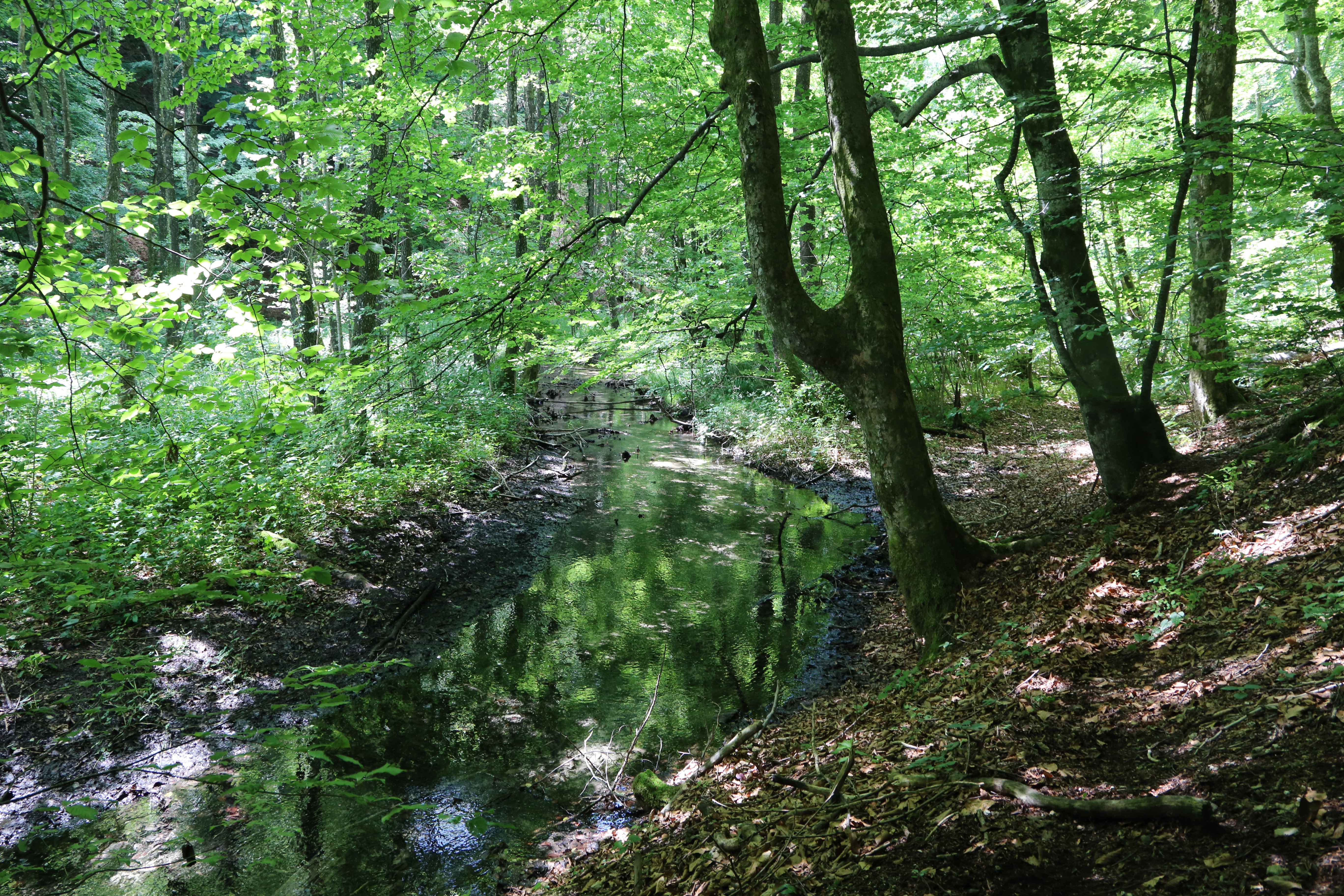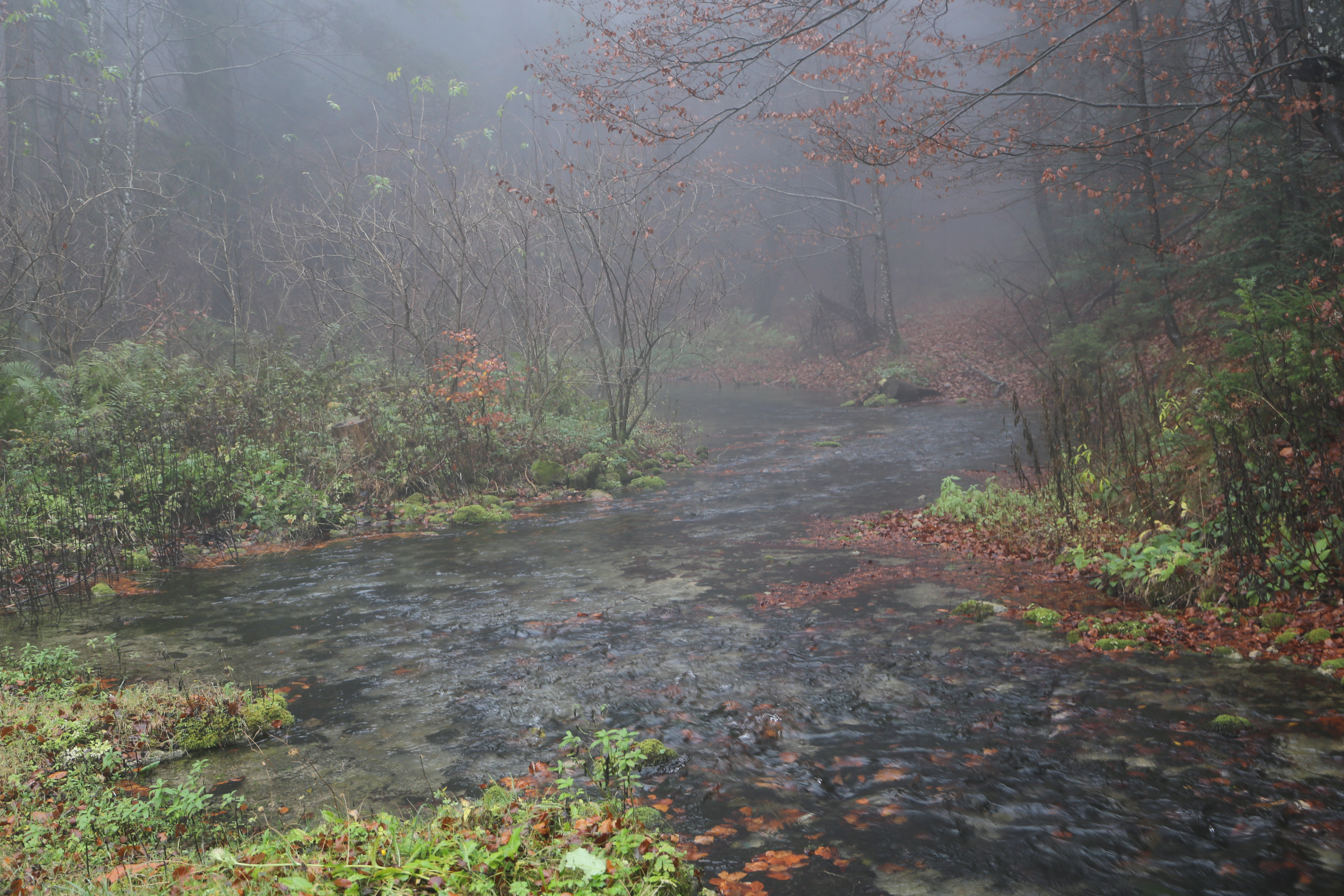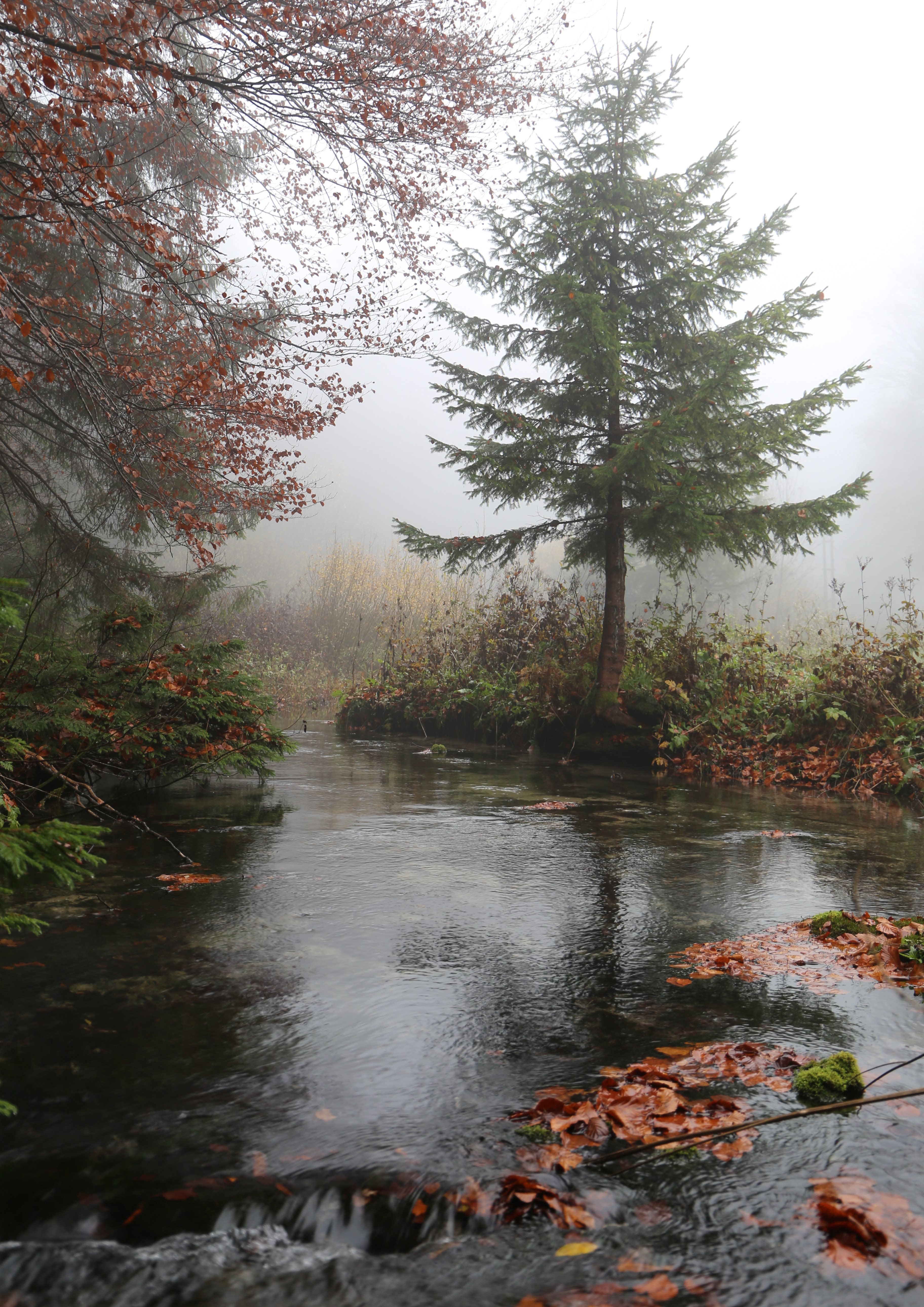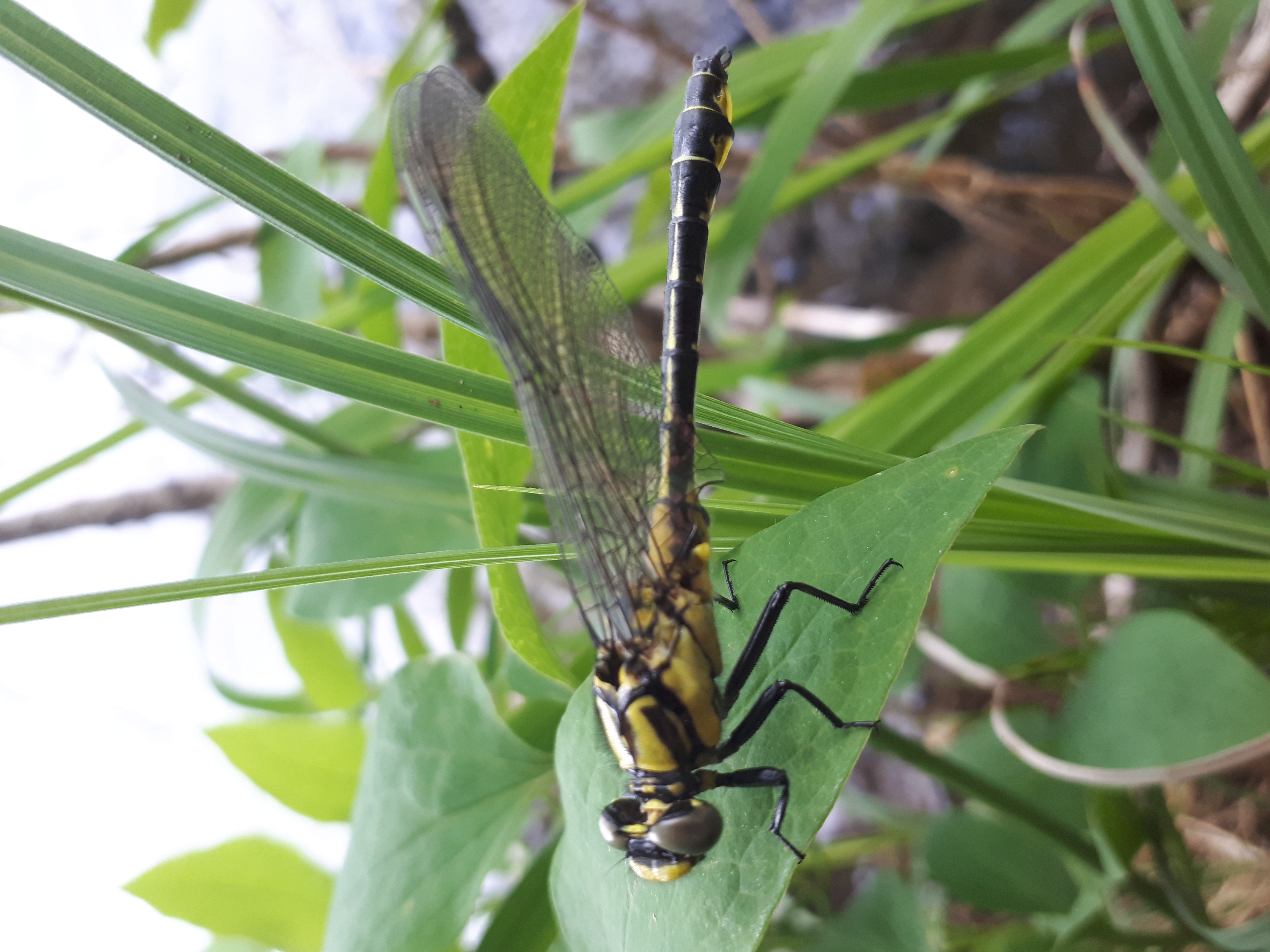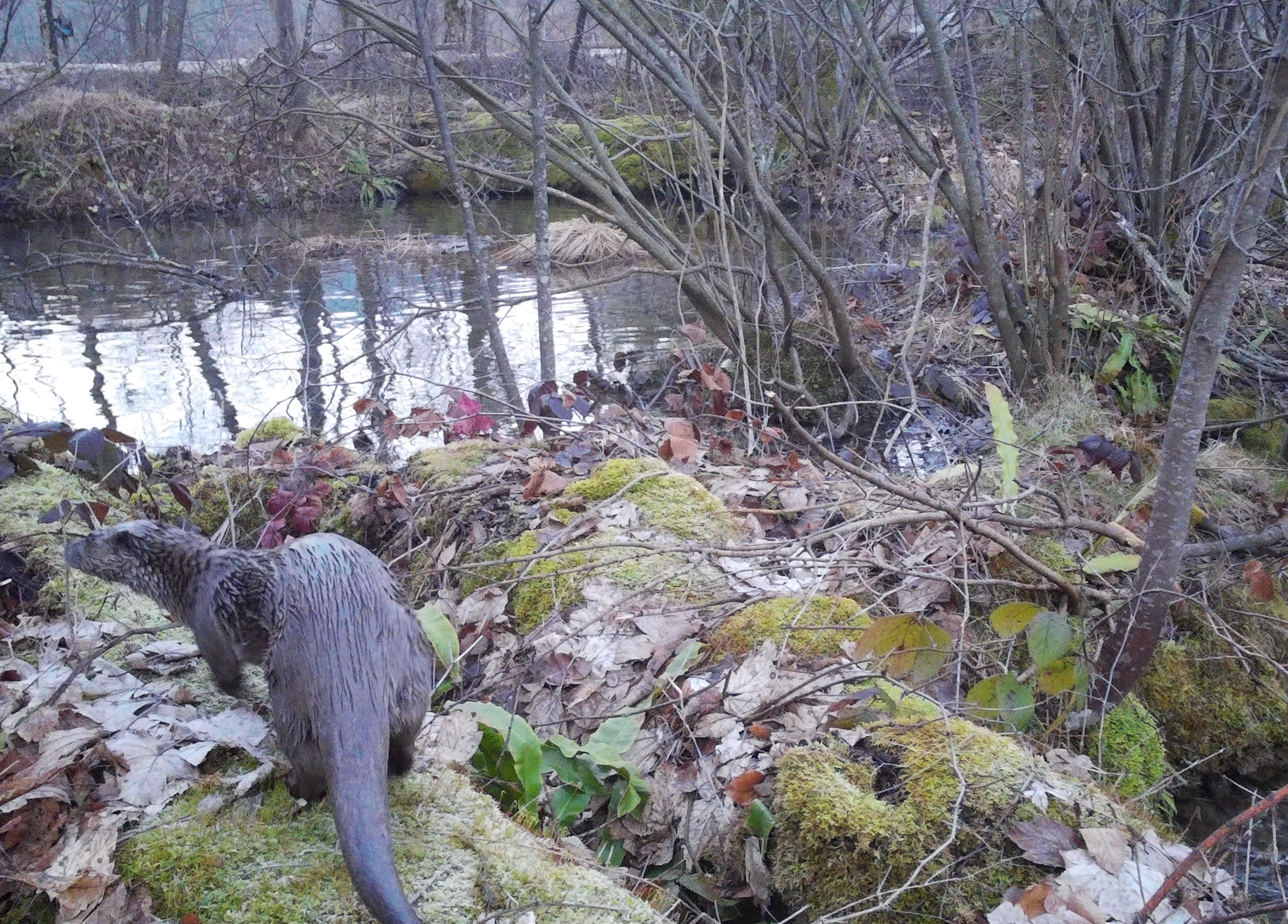Wetlands are terrestrial habitats flooded or saturated with water either permanently or occasionally. On 2 February 1971, the Convention on Wetlands of International Importance was signed in Ramsar, Iran. Since then, 2 February is celebrated as World Wetlands Day every year. Signatory countries are bound by the Convention to protect the marsh and other wetland habitats on their territories. The Republic of Croatia signed the Convention in 1991.
The importance of wetland habitats is multifold: from the exceptionally rich biodiversity, water filtration and purification, and replenishing groundwater reserves, to the fact that wetlands provide outstanding protection against flooding–they fortify shores and accumulate nutrients and sediment. These are just some of the benefits of wetland habitats that may go unnoticed, but actually contribute to our lives greatly. It is then hardly surprising that some of the greatest civilisations in history first developed in vast river valleys, on floodplains. However, wetland habitats are now the most endangered ecosystems on Earth. These habitats are being drained, polluted and destroyed everywhere, causing their characteristic rich biodiversity to dwindle and disappear. Over 40% of all plant and animal species are connected to wetland habitats.
Today, when the consequences of climate change are making their presence felt, we are beginning to understand the extraordinary importance of wetland habitats and the roles they play in mitigating these consequences.
It is up to every one of us to act towards preserving these and other habitats, for the sake of our future. Every individual in the circle of life is important. “And my drop helped to weave it all.” (from the poem “Waterfall” / “Slap” by Dobriša Cesarić, translation by Toni Šimundža).
“And my drop helped to weave it all” – (from the poem “Waterfall” / “Slap” by Dobriša Cesarić, translation by Toni Šimundža).

